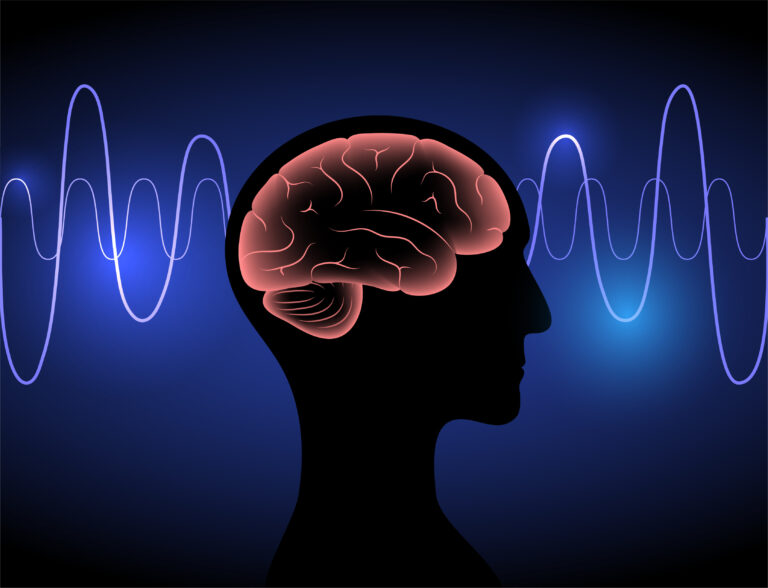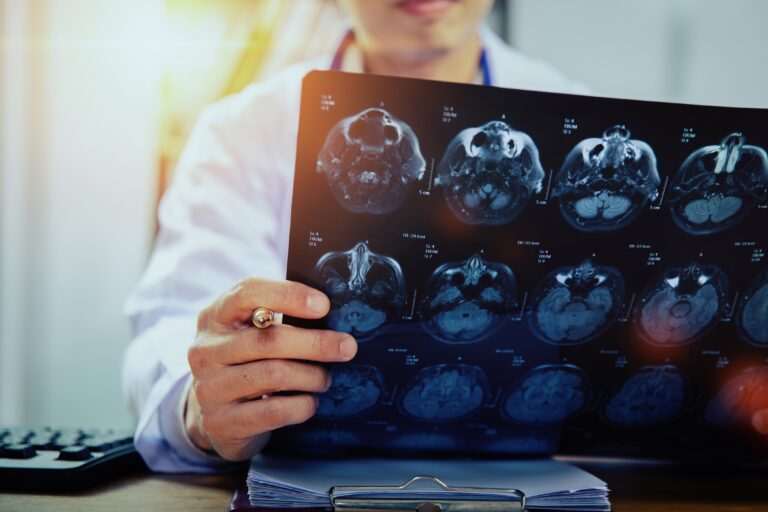Neurodiagnostic Services
DIAGNOSTICS SERVICES
Clinical neurophysiology is a medical specialty that studies the central and peripheral nervous systems through the recording of bioelectrical activity, whether spontaneous or stimulated. It encompasses both research regarding the pathophysiology along with clinical methods used to diagnose diseases involving both central and peripheral nervous systems. Examinations in the clinical neurophysiology field are not limited to tests conducted in a laboratory. It is thought of as an extension of a neurologic consultation. Tests that are conducted are concerned with measuring the electrical functions of the brain, spinal cord, and nerves in the limbs and muscles. It can give the precise definition of site, the type and degree of the lesion, along with revealing the abnormalities that are in question. Due to these abilities, clinical neurophysiology is used to mainly help diagnose diseases rather than treat them.

Electromyography (EMG)
Electromyography (EMG) is a diagnostic procedure to assess the health of muscles and the nerve cells that control them (motor neurons). Motor neurons transmit electrical signals that cause muscles to contract. An EMG translates these signals into graphs, sounds or numerical values that a specialist interprets. An EMG uses tiny devices called electrodes to transmit or detect electrical signals. During a needle EMG, a needle electrode inserted directly into a muscle records the electrical activity in that muscle. EMG results can reveal nerve dysfunction, muscle dysfunction or problems with nerve-to-muscle signal transmission.

Electroencephalogram (EEG)
Electroencephalogram (EEG) is a test that detects electrical activity in the brain using small, flat metal discs (electrodes) attached to the scalp. Brain cells communicate via electrical impulses and are active all the time, even when a person is asleep. The electrodes transfer information from the brain through wires to an amplifier and this activity shows up as wavy lines on an EEG recording. EEG is useful in evaluating seizures including epilepsy and various abnormalities of the central nervous system.

Nerve Conduction Velocity (NCV)
A Nerve Conduction Velocity (NCV)study,uses electrodes taped to the skin (surface electrodes) to measure the speed and strength of signals traveling between two or more points:An NCV is helpful in determining the existence, type, and extent of nerve damage in a patient.The NCV test allows the physician to tell the difference between an injury to the nerve axon (the nerve fiber) and an injury to the myelin sheath—the protective covering surrounding the nerve. It is also useful for telling the difference between a nerve disorder and a condition where nerve injury has affected the muscles. There are no known risks associated with this test.

Evoked Potentials (EP)
Evoked Potentials (EP) is a diagnostic test evaluating specific tracts of the central and peripheral nervous system. May include visual, auditory, or somatosensory evoked potentials. These record the electrical responses of the brain and spinal cord to the stimulation of the senses.
